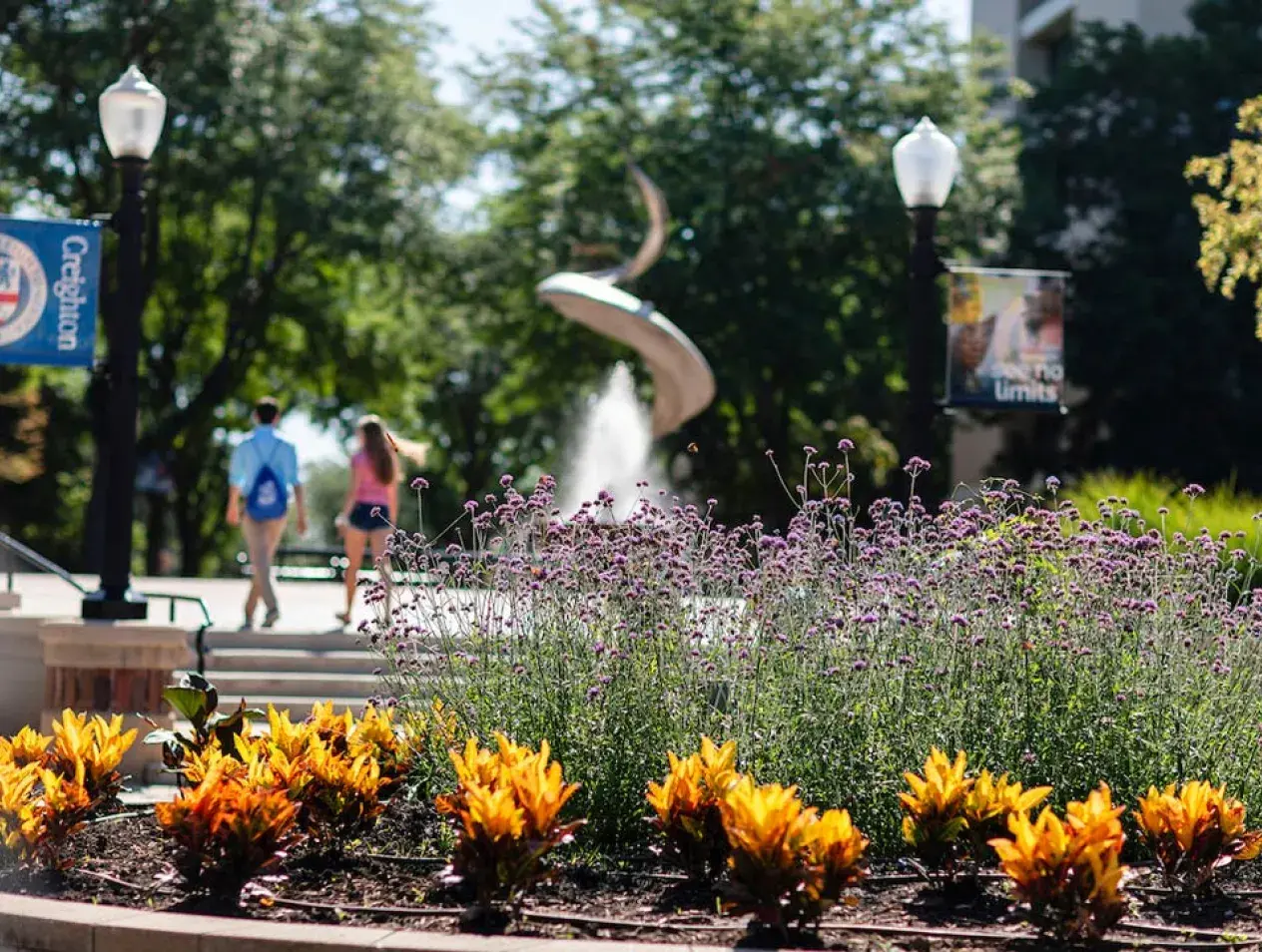
Summer Research Institute
Summer Research Institute Programs
In a nation of changing demographics, it is important to maintain a representative balance of population and workforce. However, some minority groups are severely underrepresented in sciences and healthcare occupations, undermining the nation's strengths as a leader in science, health and technological advances. It is becoming increasingly clear that as the population demographics move toward increasing numbers of diverse individuals, the future health and prosperity of the United States will depend on equitable representation and participation in science, health, and technological occupations.
Undergraduate Biomedical
- Applications Open: November 14, 2024 (Sunday)
- Application Closing Date: March 3, 2025 (Monday)
- Notice of Interview: March 10, 2025 (Monday)
- Interviews: March 10, 2025 (Monday) – March 21, 2025 (Friday)
- Acceptance Notice: March 27, 2025 (Thursday)
- SRI Program Begins: June 2, 2025 (Monday)
- SRI Colloquium and End: July 24, 2025 (Thursday)
High School Community-Based Research
- Applications Open: November 14, 2024 (Sunday)
- Application Closing Date: March 31, 2025 (Monday)
- Notice of Interview: April 4, 2025 (Friday)
- Interviews: April 7, 2025 (Monday) – April 17, 2025 (Thursday)
- Acceptance Notice: April 25, 2025 (Friday)
- SRI Program Begins: June 2, 2025 (Monday)
- SRI Program Ends: July 11, 2025 (Friday)
- SRI Colloquium: July 24, 2025 (Thursday)
The HS-MACA/CPHHE Undergraduate Biomedical Research Program enhances college science education and increases the number of underrepresented minority students who are interested and qualified to pursue careers in the biomedical sciences through conducting kinesthetic laboratory research in various biomedical fields. Students are paired with Creighton University faculty and researchers to conduct ongoing research under the supervision of a faculty mentor.
Program Description
- Program Duration: Eight (8) weeks
- Program Timeline: June 2, 2025 – July 24, 2025
- Monetary Stipend: $2,000
- Continuous Education: Six (6) Friday Health Disparities Training Sessions
- Presentation: Colloquium (Oral and Poster Presentations) on July 24, 2025
- Career Field/Social Outings: College World Series Home Run Derby, Omaha Jazz on the Green, Juneteenth Parade, and any other STEM activities on-going in Omaha will be considered.
- Mentor Research Focus Areas: Cancer Biology, Cell Biology, Neuroscience, Biochemistry, Pharmacology, Exercise Science, and Public Health
Eligibility
Students are required to have the following qualifications to participate:
- A student must have a 3.0 or better grade average
- Current Sophomore, Junior, Senior college academic standing at time of application (Spring 2024)
- Copy of college academic transcripts (unofficial or official) *Note: Do not send a link to us to retrieve your transcripts, i.e. Clearinghouse, etc. Download your own transcripts and attach your transcripts in the program application
- Two Letters of Recommendation (Recommenders will be sent a separate link to submit)
- Living arrangement within the Omaha area for program duration – We can provide on-campus housing only for students during this program
- If you have any questions about requirements or documents, please contact us at cphhe@creighton.edu.
A collaborative effort of the Health Sciences’ Multicultural and Community Affairs (HS-MACA) and the Center for Promoting Health and Health Equality (CPHHE); the purpose of the Summer High School Community-Based Research Program is to provide hands-on, community-based research among underrepresented minority groups. At the end of the program, the students will be able to enhance their high school education and build health disparities knowledge. Students work at a community-based organization for six weeks. The students will receive training in health disparities and perform research projects in their community. Students will work with their community site to learn about issues in their neighborhood by learning research methods, developing surveys, examining data, doing community mapping, and conducting interviews resulting in policy recommendations.
Program Description
- Program Duration: Six (6) weeks
- Program Timeline: June 2, 2025 – July 11, 2025
- Monetary Stipend: $1,200
- Presentation: Colloquium (Oral Presentations) on July 24, 2025
- Career Field/Social Outings: College World Series Home Run Derby, Omaha Jazz on the Green, Juneteenth Parade, and any other STEM activities on-going in Omaha will be considered.
Eligibility
- Must have a 2.5 or better grade point average
- Sophomore, Junior or Senior academic standing at time of application (Spring 2024)
- Copy of academic transcripts (unofficial or official)
- Two (2) letters of recommendation
- Living arrangements within the Omaha area for program duration - We can provide on-campus housing only for students during this program


